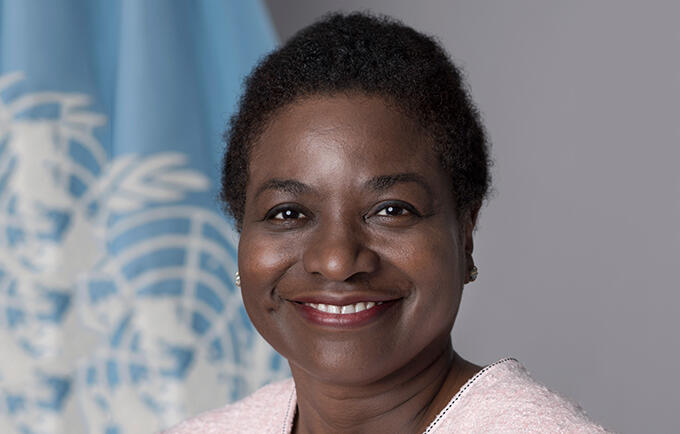Fifty years ago, the world declared that “parents have a basic human right to determine freely and responsibly the number and the spacing of their children,” at the United Nations International Conference on Human Rights in Tehran, on 13 May 1968.
Family planning is not only a matter of human rights; it is also central to women’s empowerment, reducing poverty and achieving sustainable development.
Yet, in developing regions, some 214 million women still lack safe and effective family planning methods, for reasons ranging from lack of information or services to lack of support from their partners or communities. This threatens their ability to build a better future for themselves, their families and their communities.
On this World Population Day, UNFPA calls on governments to fulfill their commitments to ensure universal access to sexual and reproductive health care and reproductive rights, including family planning services and information.




